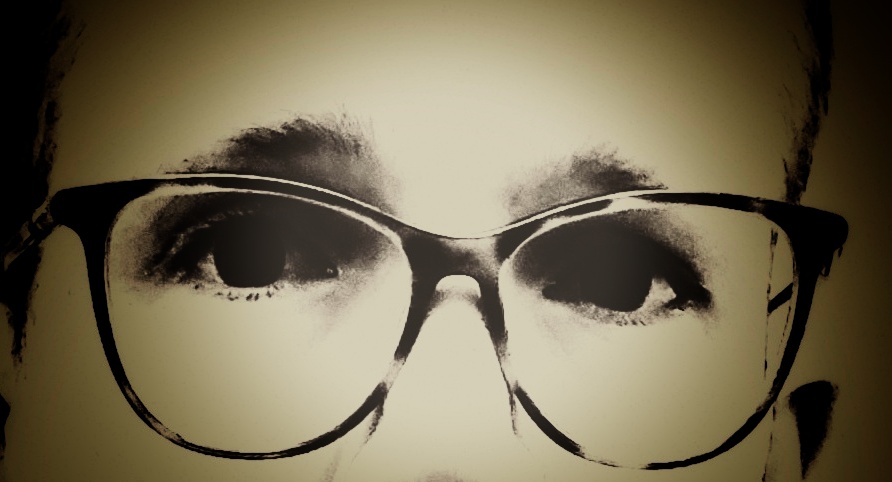A few weeks ago now feels like a world away. Before time gets too distant, I want to express my feelings on paper and document some lessons.
I had a rough few days. My mental health, over the course of a week, got progressively worse each day.
Even though life was fine, actually life was damn good, it didn’t help. It’s hard to even explain my feelings, but I felt bad. Unsettled at my core.
To be honest, it was scary. I felt like I was losing control. And that’s really frightening.
I don’t know all the exact terms for some of the things I went through. Was it anxiety? Was it a panic attack? Nor do I know exactly why it happened. Why now? What is causing this and where is it coming from?
I didn’t have many good answers.
As I worked through this dark period (with my wife so wonderfully supportive by my side), we talked a lot about mental health. It seems like mental health is still a bad word in our society. We don’t like to talk about it. We don’t like to admit we have struggles. As a society, we are far more likely to applaud the physical health fitness that a person achieves.
The feelings that come to mind when admitting mental health challenges are shame, embarrassment, and weakness.
We have to change the way we view mental health. And it starts with ourselves. It starts with me.
It’s hard for me to accept this, but I have to say, it’s okay that I sometimes have mental health challenges.
Fitness is a widely understood concept today. We generally want to be physically fit, right? But the truth is we go through periods in our life where we have less fitness. We eat too much garbage, we pull back on our exercise, we cheat on our sleep, etc.
We have a whole box of tools when it comes to our physical fitness. When are using all the tools, we’re on. We feel great about ourselves and we know we are on track. We have every tool coming out of the box to be used to keep our physical bodies in shape. We’re fit.
Mental fitness is no different. It, too, has a whole box of tools that can be used. However, we have less of an awareness of what these tools are.
When you don’t know how to use a box of tools to fix something, what do you do? Heck, you may not even know what most of the tools are even called, or how they even work. What do you do?
Ask for help.
Many years ago, I was in a place where talking about or admitting any of these things was looked down upon. And I mean in a big way. As I look back, my biggest struggle with mental health was during that period. I was going through some significant trauma. And I had no idea that it was manifesting itself in mental ill-health. Much more could be said about this, perhaps in a later post.
The good news is I have come a long way from that period in my life. Life is good, and I am grateful for that. I am even grateful for that period a few weeks ago.
Though dark, it helped me realize I am ready for more light. Though helpless, I am now asking for help.
And it’s working.
My son, if I forget to tell you, one day, hell, it’s going to be more than one day, you will have some mental health hurdles. It’s okay. You’re human like the rest of us.
There’s no shame. You don’t need to feel embarrassed. You are not weak.
In fact, it’s courageous. Be humble and brave, my boy. Ask for help. You’ll get it.


I get it . Thanks for sharing. Definitely can relate to the article. Thank you for being open, about it.
Thank you for being brave enough to share with your sons and others – no easy feat and harder in many ways than the races you run.
Kevin, you know pieces of my story, most importantly the main traumatic piece. You are a bright shining light that still dimly shines even in the darkest days. Your light is strong, all the time. Your light is the outward appearance of your soul. You are genuine, vulnerable and brave.
I’ve had years of talk therapy to help me heal and I’m learning how to use those tools in the toolbox you mentioned. My tool I use everyday is one you mentioned and the one I see you use ALL the time… gratitude.
We love you my friend and we are honored to be a part of your and your families journey.
Dear Kevin,
Thank you for this post. I appreciate your openness and frankness explaining the period you went through with mental health challenges. I didn’t know about this and I hope you are feeling better now. Ask for help, yes, and don’t feel bad about that! And yes, I do know what you are talking about, the shame and feeling of guilt are familiar to me. Take in the small things in life, a touch, a kiss, a hug can mean a lot. I wish I could be there for you and in spirit I am. I love you dearly and hope you come out of this trial triumphantly.
Thanks Kevin. Unbeknownst to most – and that’s the shame and fear of being ostracized part – I’ve struggled with mental health issues for years. I’ve hidden it pretty well, as painful as it’s been and will always be. Thank you.
A powerful article! Indeed maintaining optimal mental health is something everyone struggles with and it is courageous to admit it and then do something about it. Thank you for this write up.